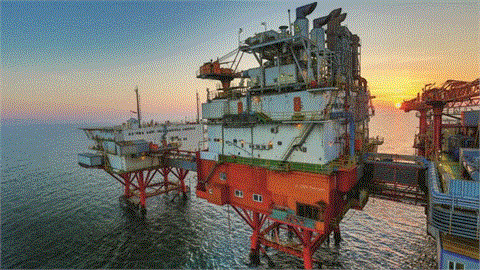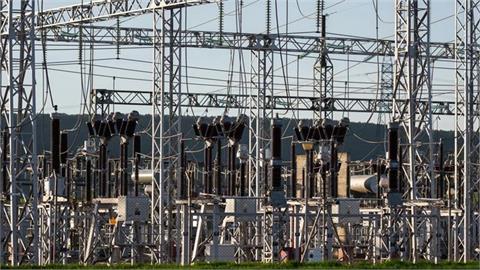No short term impact is evident on Turkey's aim to become an energy hub from Friday's coup attempt, according to Marat Terterov, director of the Brussels Energy Club on Monday.
"Both foreign and domestic and business investors want political stability and probably are not too worried about which type of government is in power as long as we have stability in the country. What they are concerned about more is government policy. If the government is taking steps to promote liberal markets in the Turkish gas sector, this will likely be supported by much of the liberal business community, including those that want to see Turkey move towards creating gas hubs such as those that exist in North West Europe," he explained.
Terterov said that both the Turkish Energy Ministry and Turkey's state-owned crude oil and natural gas pipelines and trading company, BOTAS, play key roles in the country's energy sector.
"From what we see of government policy at the moment, with the energy ministry and BOTAS being key players in setting gas pricing and controlling distribution infrastructure, movement towards gas hubs in Turkey, where the price is set at the hubs, is unlikely in the short term," he added.
Dr. Patrick Heather from the Oxford Institute for Energy Studies stated that Turkey's establishment of a proper liberalized trading environment is a priority in becoming an energy hub, one of Turkey's aims due to its geopolitical location.
He added that Turkey has a lot of positives to offer the gas world, and should the country wish to fulfill its aim of becoming a regional gas hub, he believes that eventually this will be possible.
"I think there is still quite a few hurdles to overcome. Not least the fact that before you can become a regional hub, you have to become your own national hub. There is still some way to go to establish a proper liberalized trading environment in Turkey," he said.
Noting the strong incumbent gas company in Turkey, he said: "History tells us that it is no surprise that an incumbent and dominant company resists change. It is in their own interest to resist change, and when there is strong political will for change which can be done through acts of parliament, with incentives, or just a forced action on the incumbent, things change very quickly."
He explained that this happened in the U.S. and in Britain.
"British gas companies were forced to give up some of their monopoly and then voluntarily gave up more of their share of the market. And after a few more legal changes in the gas market, we are in the situation we have today. In Turkey this still needs to happen," he said.
He noted that there are a number of independent reasonably-sized gas companies in Turkey that are very commercially astute and who want to see a change in the gas market.
"I've spoken to some of them. And I know that they want to see this happen but they are still prevented from doing so because of the construct of the gas market in Turkey," he said.
According to Heather, the first thing that needs to happen is in the unbundling of Turkey's Petroleum Pipeline Corporation (BOTAS) as a company.
"Certainly Turkey has to separate the distribution and the operator side from the main activities of the company. That would be the first thing that needs to be done. The next thing would be to try either through political will or legally, or through persuading BOTAS that it is in its own interest to start allowing third party sharing of volumes in the market. The other way is to do it from the bottom up by initially allowing industrial consumers to buy their gas from whomever they want rather than through rigid contracts," he said.
With Turkey's geographical position, he stated that the country has a multitude of suppliers; Russia, Azerbaijan and potentially from others to the country's south.
Turkish and Israeli private sector companies are discussing a possible gas pipeline project that would transport natural gas supplies to Europe through Turkey from the Leviathan gas field, which holds an estimated 500 billion cubic meters of gas. Israel is currently preparing the legalities to develop and then to export its natural gas.
"In the future, if and when the East Mediterranean base is developed, the most logical, shortest, and economical route to market is tolling up with Turkey feeding into the Turkish route. Turkey has the demand, buyers, consumers, not only within the country which is a large consumer of gas, but it can export going east and to Europe. So Turkey has a fundamental basis for creating a market place," he added.
He noted there is a strong willingness in Europe to create a pricing hub in Southeast Europe, which he says will be difficult to establish.
"Because Southeast Europe in itself is a relatively low demand area, it has relatively poor infrastructure and it does not have any indigenous production apart from Romania which might help the case. It doesn't have many external sources of supply, has one LNG terminal in Greece, and possibly one day it might have Russian gas via Turkey through the Greek border. So Turkey is better placed than Greece, Bulgaria, and Romania as a region. So for all these reasons I think there is a strong possibility that Turkey could become a national and regional hub," he concluded.
(Anadolu Agency)



